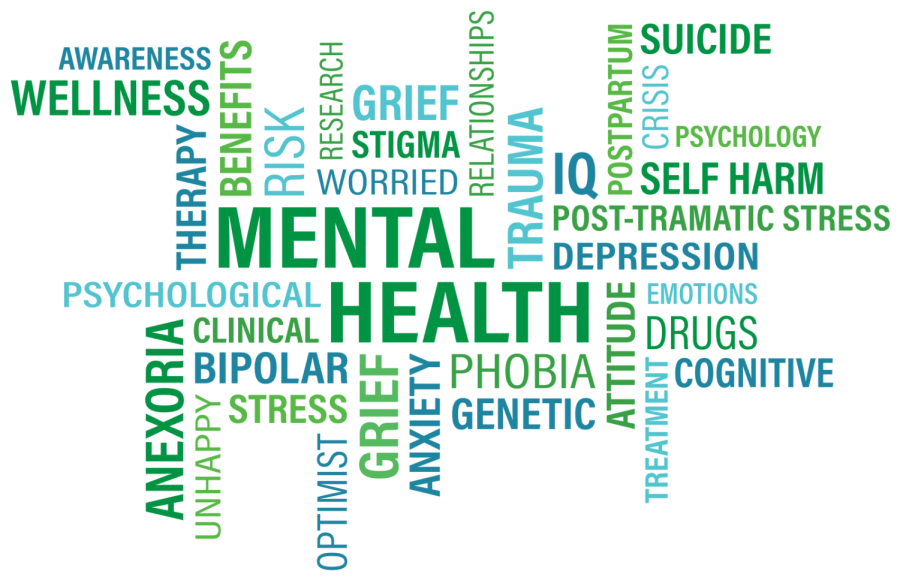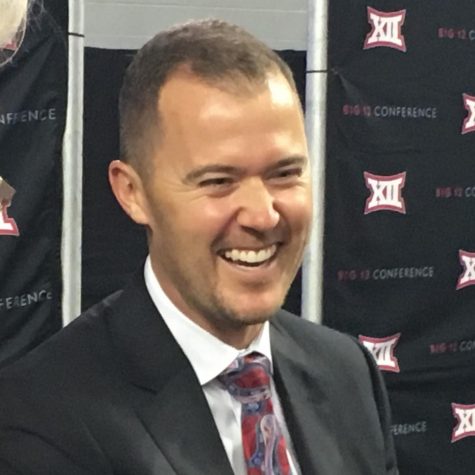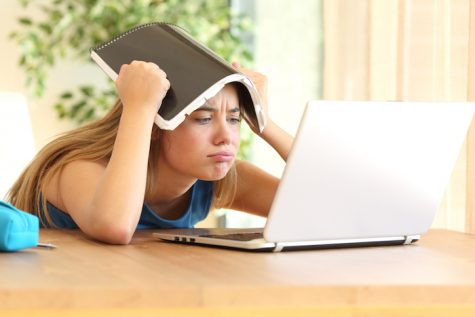What Social Media is Doing to Your Mental Health
When was the last time you checked your social media? According to GWI, the average person spends approximately 142 minutes on social media everyday. As technology is progressively developing people have grown into an obsession with “social” media apps. Especially my generation, Gen. Z, are only continuing to increase the statistics with social media use. The dark side of social media is tearing apart humanity, and we need to start paying attention to it.
Continual use of social media has lead to an increase in rates of anxiety and depression. One of the most contributing factors is the self absorption into the likes, views, and followers that come through the apps. Whether you want to admit or not we have all let the numbers get to our heads. Society has found a way to publicly define your social worth through one button, and it almost always leads us to states of disappointment and stress. These small bursts of emotion can escalate to outlets of drinking, substance abuse, and even suicide.
This is just one small part of the “dark side” of social media that we need to start watching closely. People are aware of the statistics, yet they compulsively continue using social media apps. If we don’t start the conversation humanity could be falling apart right in front of our eyes.
Social media also has a large effect on students. Distractions in class, sleep deprivation, and much more come with the new age of education. Online education, in particular, has had a heavy load on students not being able focus directly because of social media apps. Personally, through the COVID-19 pandemic I have found myself easily distracted through social media in class.
The release of dopamine when on social media keeps users on platforms for more time than they bargained for. This has a direct affect on schoolwork as many students procrastinate their time on social media, and are forced to do their assignments very late at night. I believe that teachers could help us with time management especially by not having everything due the next Monday, Tuesday, etc. But, it ultimately starts with the students and identifying when too much social media is enough.
Social media furthermore is ruining our social skills as a human race. With such easy and accessible social media communication, many have abandoned regular face-to-face conversations. For the uncertain times that are 2020, social media does come in handy when we need to talk to our friends or even just have school. But, it becomes dangerous when people rely on social media for all communication. This further affects your mental health, in a somewhat invisible way that will have serious consequences in the future when life is back to normal. As a society, we must acknowledge and talk about what social media is doing to us.
Some say that social media is a good way of connecting people, and doesn’t have “side” effects. This may be true for a small percentage of people, but evidence shows that social media is ultimately affecting the majority’s mental health. Social media users who have found the perfect ratio of time management and use it for good are what we are all aiming towards. But, we are not going to get there unless we admit that social media is a dilemma for millions of people.
Society’s obsession with social media is leading towards mental health problems, and we need to start addressing it or we could have a dark future ahead of us. Don’t forget to continue checking on your mental health and others to aim towards a better future.





